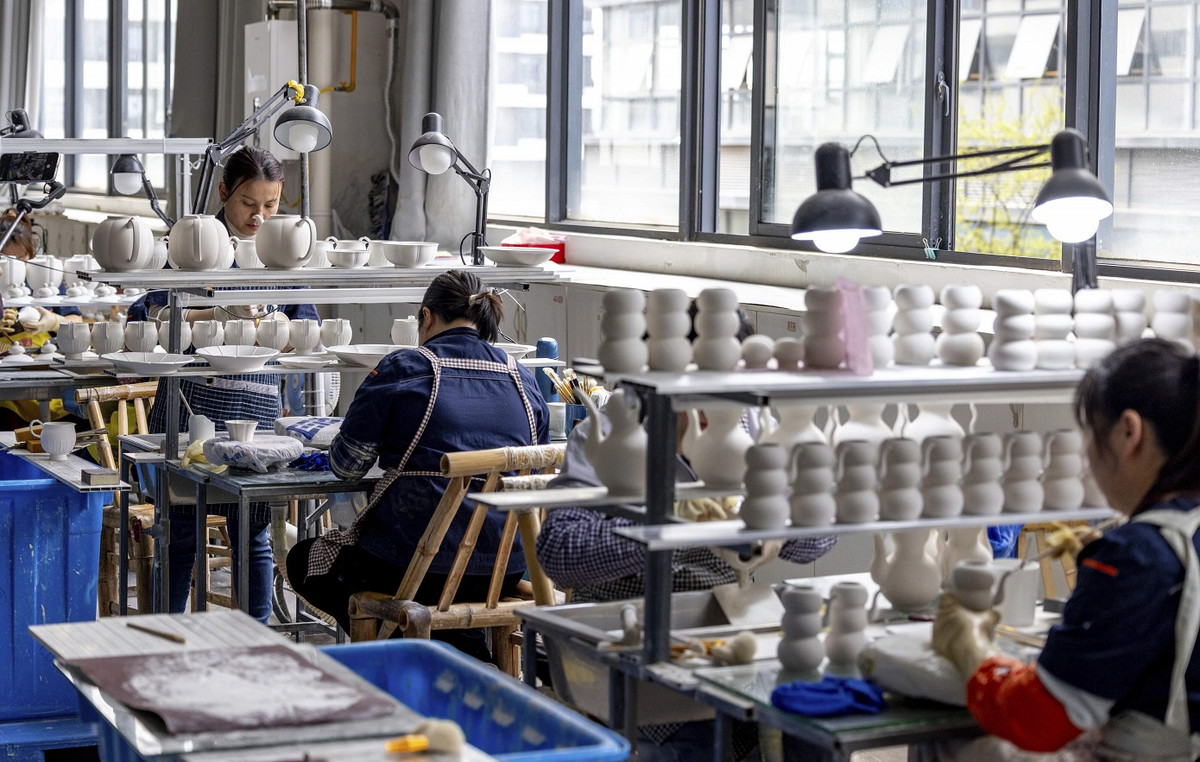Social networks have been populated by texts and videos with miraculous recipes to “increase” immunity. Homemade preparations, shots, “gummies” and even vitamin serum promise to make you never get sick again. But the truth is that our reaction to infectious agents is the result of a complex system — and the path to good health may be simpler than you think.
A person’s immunity is defined by the ability of their immune system to keep defense cells active to recognize and fight bacteria, viruses, fungi, parasites or even cancer cells. This “ability” of the organism can be acquired either naturally, through previous exposure, or through immunization.
“The immune system works in a balanced way in our body. It is stimulated when there are risks and this response is controlled so as not to cause harm. Therefore, uncontrolled or exaggerated stimulation can harm the individual’s health”, explains immunologist Anete Grumach, member of the Scientific Department of Inborn Errors of Immunity at the Brazilian Association of Allergy and Immunology (Asbai).
Our immune system is divided into innate — the first line of defense, which includes barriers such as the skin and mucous membranes — and adaptive, which is acquired over time and exposure of the individual, whether through infections or vaccination. There is also passive immunity, in which antibodies are transferred between individuals, as in babies who receive antibodies from their mother during pregnancy.
In general, no need to monitor immunity . Maintaining a good diet, exercising regularly and sleeping well already results in this balance in the body. Any problems must be correctly diagnosed to establish adequate treatment.
“People who experience symptoms such as very frequent colds and flu, a lot of stress, recurring gastrointestinal problems, wounds that take a long time to heal, frequent infections or excessive tiredness may have low immunity. In these cases, you should see a doctor to be evaluated”, advises immunologist Cristina Kokron, from Hospital Israelita Albert Einstein.
Below, learn about some of the main myths and truths about immunity:
1. Vitamin supplementation is important to improve immunity
MYTH . According to Kokron, healthy people, who eat well and in a balanced way, do not need to take vitamin supplements – neither through pills nor serums. Unless, of course, a deficiency is found on examination. Then, yes, supplementation can be recommended, always with the guidance of a health professional and according to individual needs.
There is no evidence that using high doses of a single vitamin or multivitamin supplement helps the immune system. Furthermore, certain nutrients can be toxic to the body when consumed in excess.
2. Exercising regularly helps the immune system
TRUE . Studies show that moderate physical exercise improves the immune response, reducing inflammatory mediators, reducing the risk of cardiorespiratory diseases and chronic metabolic diseases (such as diabetes and obesity). “Moderate physical activity improves blood and lymphatic circulation, increasing the circulation of immune system cells and facilitating the elimination of pathogens. This also helps eliminate bacteria from the airways and lungs,” notes Kokron.
Furthermore, increasing body temperature during physical exercise reduces bacterial growth. The slower release of stress hormones reduces the risk of contracting diseases.
On the other hand, prolonged high-intensity training can suppress the immune system and increase the frequency of respiratory infections, for example. “Therefore, when exercising, it is important to leave enough time for the body to recover”, advises the Einstein specialist.
3. Diet influences the ability to react to pathogens
TRUE . Having a balanced and varied diet is important for a healthy life, at any age. Consuming natural foods — such as fruits, vegetables, nuts, seeds, whole grains and legumes — provides antioxidants and other nutrients that reduce inflammation in the body.
A varied menu also guarantees vitamins A, C, E and D, as well as minerals that help keep the immune system functioning properly. Avoid allowing ultra-processed products and preparations with excess fat, sugar and sodium, such as fast foods, to predominate in your eating routine.
4. It is important to supplement vitamin C to ensure stronger health
MYTH . Vitamin C indeed plays an important role in the functioning of the immune system. Replacing this nutrient to increase immunity, like any other, is a subject that always raises doubts.
It is known that vitamin C deficiency, due to low nutritional intake, can lead to greater susceptibility to infections. However, there is no scientific proof that supplementation would be beneficial for the immune function of healthy individuals. On the contrary, studies emphasize that this practice is ineffective in preventing the common cold and viral infections in most people.
“It is worth highlighting that adequate consumption of vitamin C should be encouraged in a natural diet involving fruits, especially citrus fruits, vegetables and other foods, as part of a healthy diet”, advises Grumach.
5. Honey with propolis boosts the immune system
MYTH . According to Kokron, although honey and propolis have anti-inflammatory, antioxidant and immunomodulatory effects, there are still no robust studies that confirm that their regular use helps to increase our immunity.
6. Older people have low immunity
NOT ALWAYS . Aging actually changes the immune system, which may be less responsive in certain aspects. But some habits and practices can minimize this. “This transition must be combated with a healthy lifestyle, focusing on good nutrition, sports and restful sleep”, says the Asbai immunologist.
In addition to a balanced lifestyle, elderly people should keep their vaccination records updated according to their age group.
7. Hydration is essential for good health
TRUE . Hydration is important for the functioning of the entire organism, after all, water represents between 60% and 70% of the composition of the human body. It assists in the transport of nutrients, the elimination of substances, lubrication, temperature regulation, among other functions.
8. Vitamin D is essential for the immune system
DEPENDS . All vitamins play some role in the immune response in general. For this reason, it is important that people maintain an adequate nutritional balance. Deficiency can impair our body’s defense mechanism.
However, it is important that this deficit is diagnosed by a healthcare professional, who will advise on the need (or not) for supplementation. “It is important to emphasize that administering high doses of vitamin D on its own can cause adverse and risky effects on health”, warns Grumach.
9. Stress can lower resistance to infections
TRUE . For the Asbai immunologist, the idea that stress contributes to low immunity is increasingly popular. “This observation is currently associated with studies that prove the impairment of immunity in these situations [de estresse]therefore, balance must be sought”, he observes.
10. Vaccines weaken the immune system
MYTH . It’s exactly the opposite: vaccines represent an advance in the defense against infections and strengthen the immune response, stimulating the body’s reaction against infectious agents.
“Vaccines are recommended and people should follow the calendar established based on epidemiological data, that is, which consider the age at which certain infections occur most and the individual’s immune response”, advises Grumach. This also applies to vaccine boosters, which are necessary after a certain period, depending on the vaccine.
Test can predict how long immunity offered by vaccine will last
This content was originally published in After all, is it possible to increase immunity? 10 myths and truths about the topic on the CNN Brasil website.
Source: CNN Brasil
I am an experienced journalist and writer with a career in the news industry. My focus is on covering Top News stories for World Stock Market, where I provide comprehensive analysis and commentary on markets around the world. I have expertise in writing both long-form articles and shorter pieces that deliver timely, relevant updates to readers.







